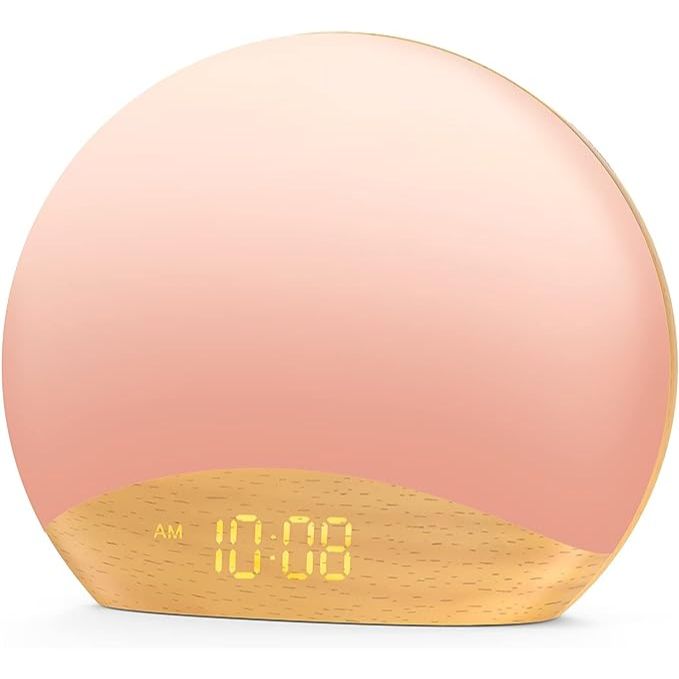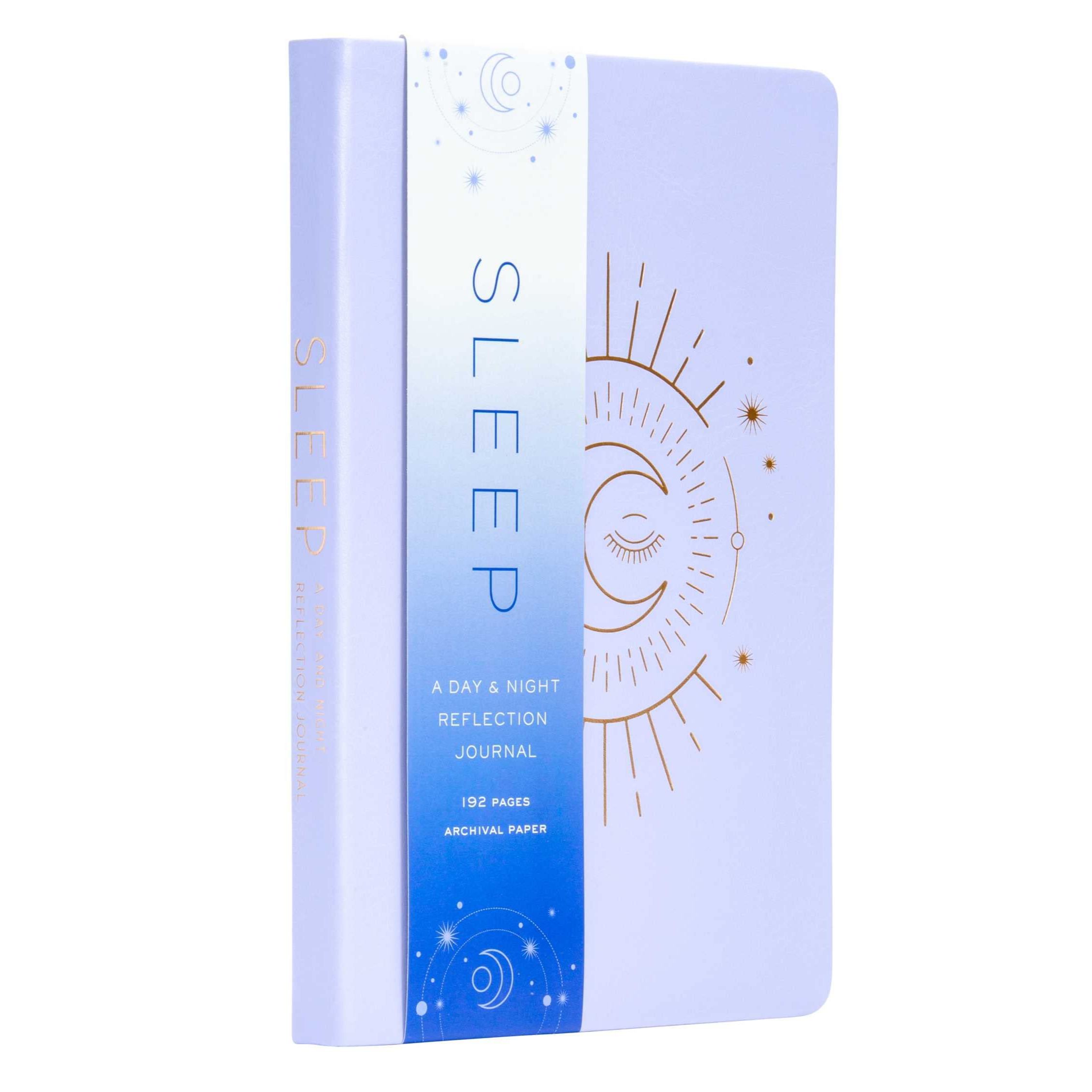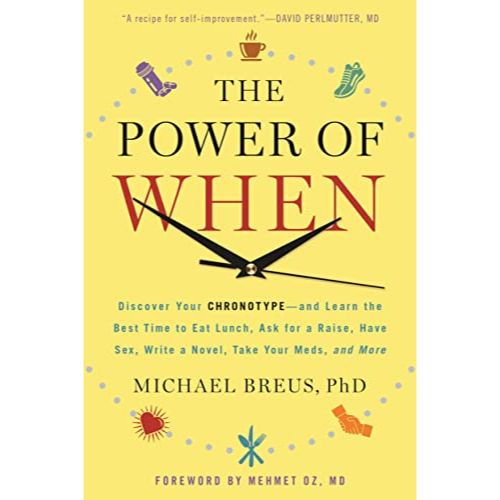What is my "sleep chronotype"? The way experts categorize sleep routines can help you get a better night's rest
Knowing your chronotype can help you sleep better, feel more awake, and make the most of your prime hours of productivity
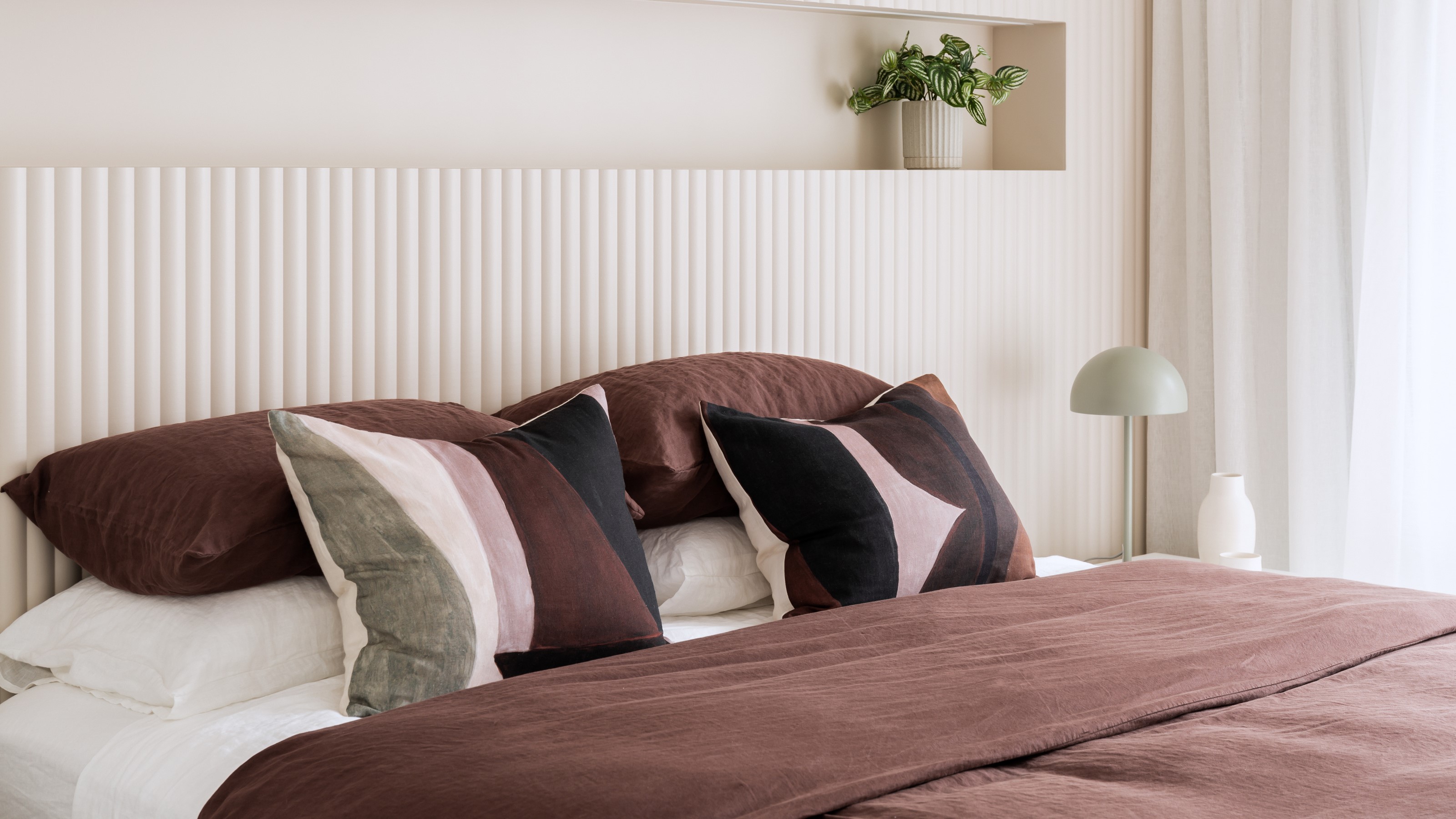

By nature, we humans are creatures of habit, and that means we all have our individual preferences when it comes to a good night's sleep. Some of us like a regimen eight hours while others - much to the dismay of the night owls among us -have adapted to wake at the crack of dawn and harness the so-called 5-9 morning routine. Whichever way you're inclined, your waking hours will be all the more productive once you know which sleep routine suits you best, and knowing your chronotype is the best place to start.
It might sound like a clinical term, but chronotypes are essentially just behavioral categories that correspond to your natural sleep cycle within a 24-hour period. You might be the kind of person who wakes up refreshed and always drifts off easily, or perhaps you're most productive after dark and rely on an afternoon nap to get you through the day. There are four chronotypes that reflect these various sleep tendencies and finding out which one you belong to can help you sleep better, feel more awake, and make the most of your prime productivity by aligning you with your circadian rhythm.
To help gather a better understanding of sleep chronotypes, how they work, and which one you're likely to belong to, we asked some sleep experts to shed some light on the matter. Here's what they had to say.
What are sleep chronotypes?
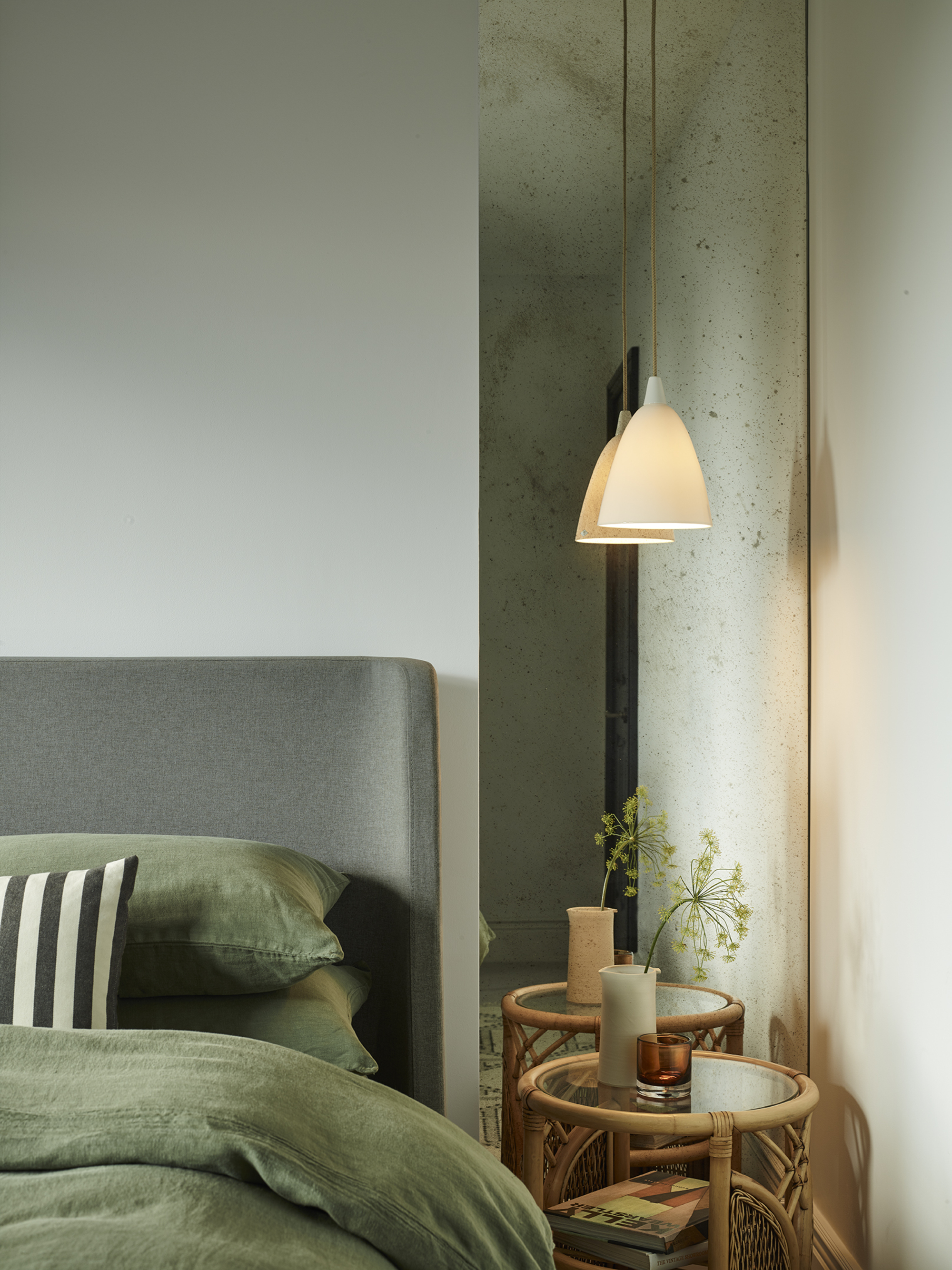
There's a reason why some of us are early birds and others are night owls - that's just the way our bodies are naturally inclined towards sleep (in other words, our chronotype). The word "chronotype" comes from the term “Chrono” meaning “relates to time” and “type”, referring to one of four ways that chronotypes are classified.
'Basically, it’s your built-in preference for when you naturally feel sleepy or awake in a 24-hour period,' explains Dr Naheed Ali, sleep expert at Sleep Bubble. 'Whether you're a morning lark or a night owl, your chronotype holds the answer.'
We all have a degree of control over our bedtime rituals and when we sleep, but most of us often end up staying up later than we should or would actually like to. According to Carlie Gasia, Sleep Science Coach at Sleepopolis, however, listening to our body clock is actually far more important than we think.
'If you’ve been feeling fatigued and want to try and get a handle on it, becoming more in tune with the natural cycle of your body and underlying chronotype can help you understand if it's down to your natural circadian rhythm or sleep deprivation,' she explains. 'A sleep chronotype is influenced by your genes and circadian rhythm, which is essentially your body's internal clock.'
'Much like swimming against a tide, if your daily schedule isn't aligned with your circadian rhythm, you're more likely to feel tired,' adds Hope Bastine, psychologist and resident expert at sleep tech firm Simba. 'Instead of wrestling against your body’s natural clock with a sleep schedule that doesn’t work, it’s best to work with it.'
What are the four different types of sleep chronotypes?
There's a lot more to your natural sleep cycle than simply being an early riser or more nocturnally inclined. There are in fact four different chronotypes that categorize the main behavioral types when it comes to sleep, and they're classified by animal names - lions, bears, wolves, and dolphins. 'Each of these sleep spirit animals corresponds with a certain type of person and their activity levels, so knowing your chronotype can not only boost your productivity, but it can also help you better understand your body’s needs,' says Hope.
Lions
'Lions are early birds who wake up naturally early and go to bed early,' says Carlie. 'They're most alert and productive in the morning.' This does however mean that by late afternoon, the lion can start to slump.
'That means they’re tired in time for bed, and like to sleep fairly early,' adds Hope. 'Rather than coffee, they should turn to energy-boosting snacks like whole wheat toast, bananas, nuts, and yogurt to beat the afternoon slump and start setting the stage for sleep from 9PM.'
Bears
Bears are the most common of all four chronotypes. 'They feel tired when it’s dark, alert when it’s light, and fall asleep quite easily,' says Hope. 'If you’re a bear, you’re most productive mid-morning and you should aim for bed no later than 11PM and try for 8 hours.'
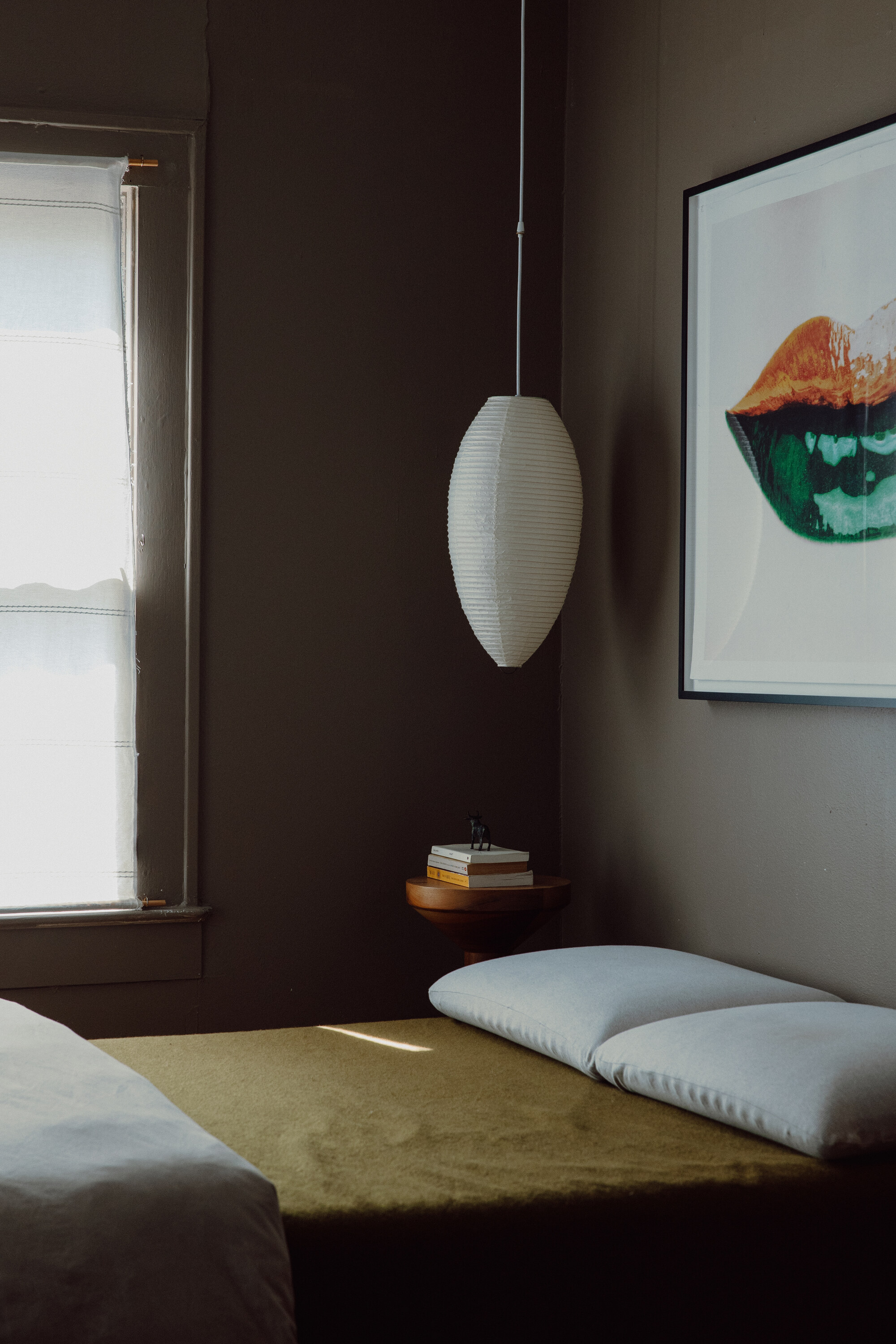
Wolves
'Wolves are night owls who wake up late and go to bed late,' says Carlie. 'They're most alert and productive after dark so you may want to go to bed around 1AM and wake up around 9AM.'
Since they're not naturally inclined to sleep early, a proper nighttime routine is crucial to help wolves wind down. They may also benefit from some easy morning routines to ease them into the day. 'Introducing a daylight wake up lightthat can gradually wake your body earlier,' says Hope. 'Making an effort to go for a run or walk before work in the daylight can also help bring about a natural energy boost.'
Dolphins
Last but not least, dolphins are the rarest of all four chronotypes, thought to make up roughly 5-10% of the population. 'Prone to anxious brains, Dolphins not only find it hard to fall asleep at night, but they struggle waking too, which can make sticking to routines challenging,' explains Hope. 'Dolphins should consider introducing magnesium into a nightly routine which can contribute to greater sleep quality by soothing anxiety.'
It should be pretty clear which one you're most closely aligned to, and knowing it can really help you structure your day so that you have better quality sleep and feel more alert when you're awake. 'Knowing your chronotype is like having a personalized guide to your sleep cycle,' says Dr Naheed. 'You can align your activities to match when your body is wired to work, rest, and play. For example, a lion might do essential tasks in the energizing morning while a wolf might save creative work for their late-night alertness peak.'
How is your sleep chronotype linked to your circadian rhythm?
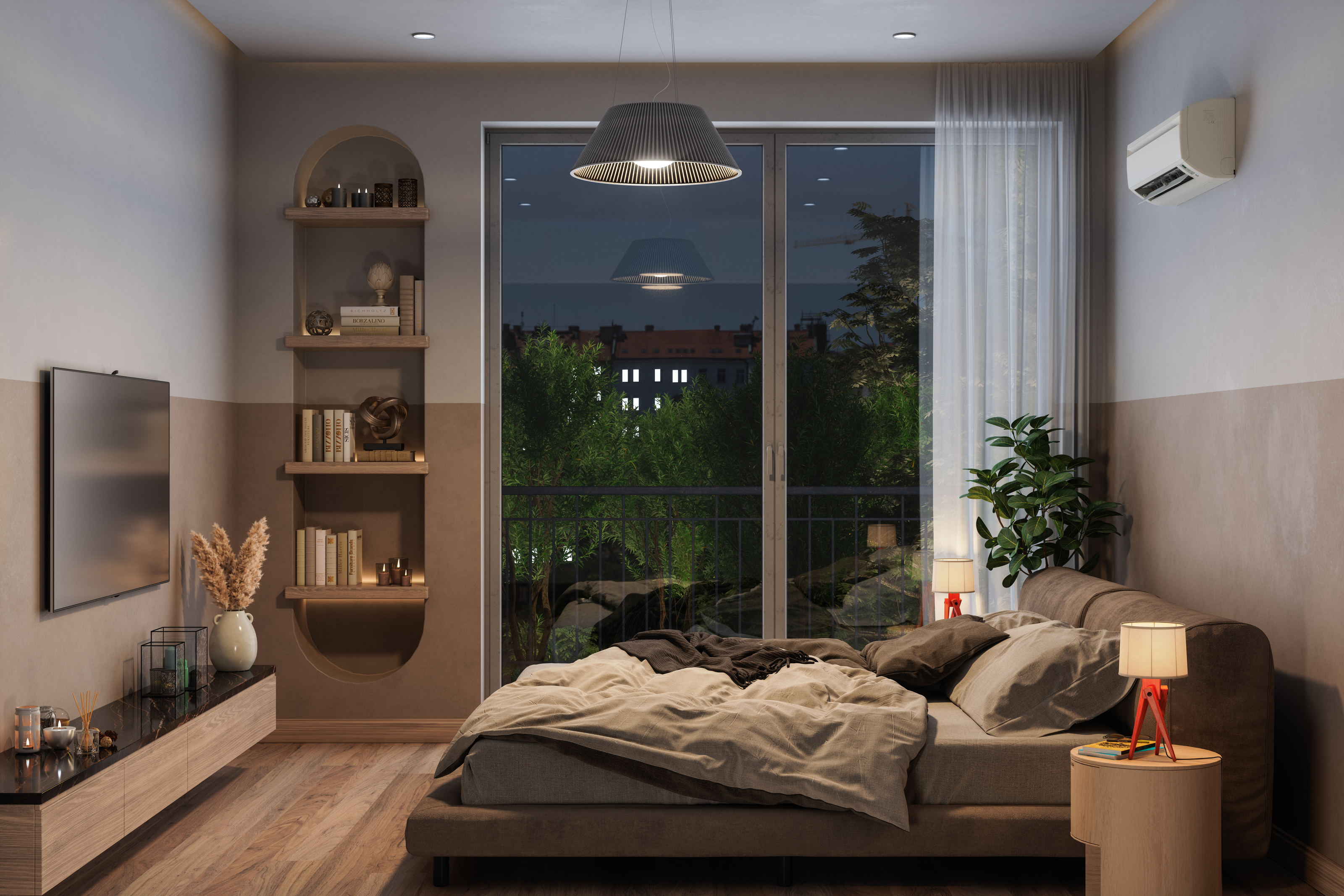
With their animal name associations might sound a bit trivial, but they stem from our natural circadian rhythm. While the two terms don't refer to the same thing, they are inextricably linked.
'A sleep chronotype is your body's natural tendency to go to sleep and wake up at certain times, while circadian rhythm is your body's internal clock that controls the daily fluctuations in your body's functions, including your sleep-wake cycle,' notes Carlie. 'People with an early chronotype tend to go to bed and wake up earlier than people with a late chronotype. This is because their circadian rhythm is naturally set to a slightly earlier schedule.'
As Carlie goes on to explain, the circadian rhythm is regulated by the suprachiasmatic nucleus (SCN), a small group of cells in the brain that receives information about light and dark from the eyes. 'If you're trying to improve your sleep quality, it's important to work with your chronotype by going to bed and waking up at the same time each day, even on weekends, and avoiding exposure to bright light in the bedroom,' she adds. 'By understanding your chronotype and working with your circadian rhythm, you can improve your sleep quality and wake up feeling refreshed and energized.'
It's worth noting, however, that our circadian rhythm, and thus our chronotypes, don't remain the same forever. 'As you get older, your circadian rhythm may shift slightly later, so it's important to re-evaluate your sleep schedule and habits as you age,' says Carlie.
Last but not least, you shouldn't rely on chronotypes to dictate your day-to-day life. As Dr Naheed summarizes: 'Chronotypes provide a framework but they aren't rigid boxes. Age, lifestyle, and obligations can influence sleep patterns too.' Rather than let yourself be consumed by your chronotype's supposed routine, use it to empower you to make informed choices and enhance your sleep and well-being.
Be The First To Know
The Livingetc newsletters are your inside source for what’s shaping interiors now - and what’s next. Discover trend forecasts, smart style ideas, and curated shopping inspiration that brings design to life. Subscribe today and stay ahead of the curve.

Lilith Hudson is a freelance writer and regular contributor to Livingetc. She holds an MA in Magazine Journalism from City, University of London, and has written for various titles including Homes & Gardens, House Beautiful, Advnture, the Saturday Times Magazine, Evening Standard, DJ Mag, Metro, and The Simple Things Magazine.
Prior to going freelance, Lilith was the News and Trends Editor at Livingetc. It was a role that helped her develop a keen eye for spotting all the latest micro-trends, interior hacks, and viral decor must-haves you need in your home. With a constant ear to the ground on the design scene, she's ahead of the curve when it comes to the latest color that's sweeping interiors or the hot new style to decorate our homes.
-
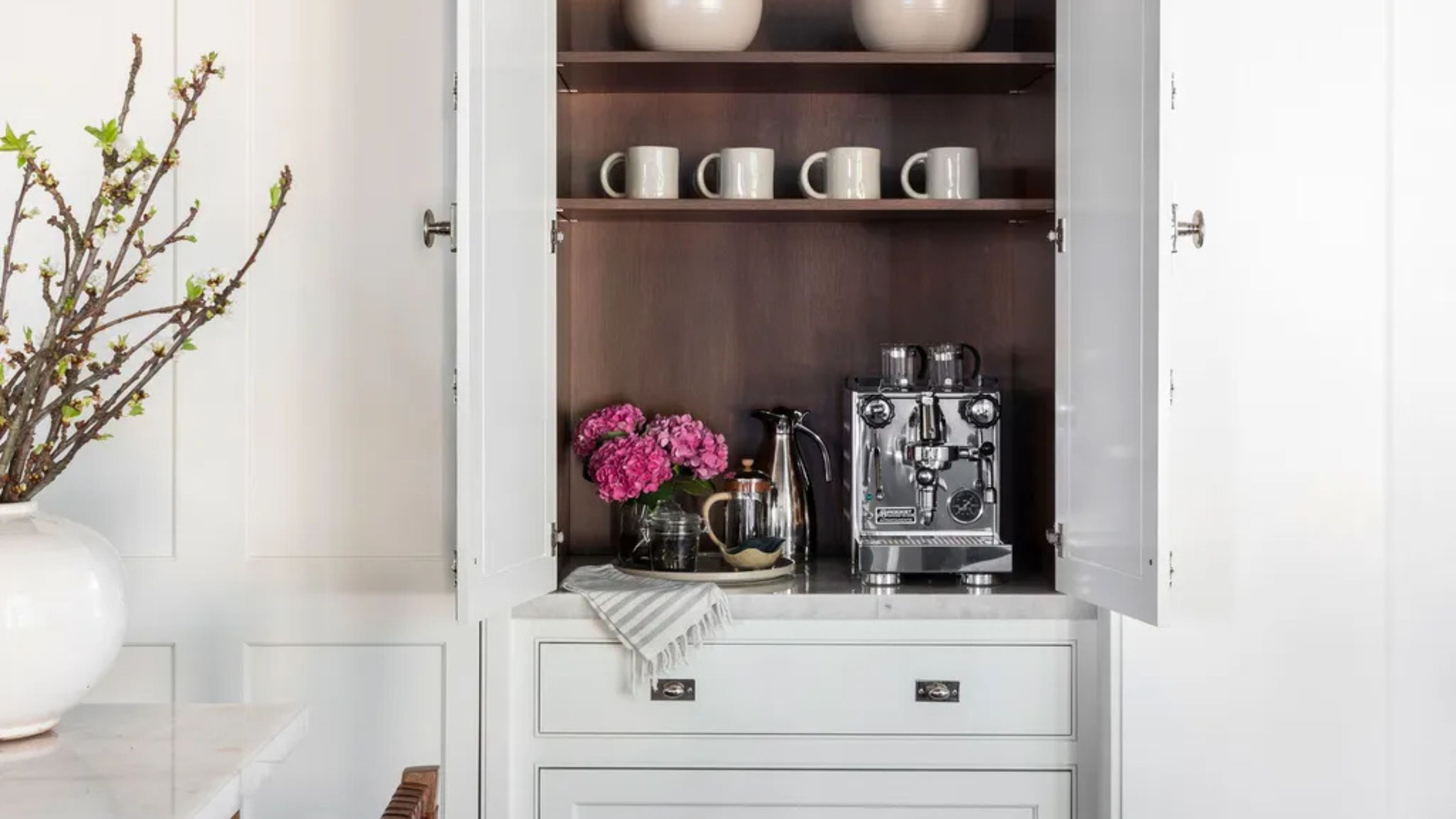 Turns Out the Coolest New Café is Actually In Your Kitchen — Here's How to Steal the Style of TikTok's Latest Trend
Turns Out the Coolest New Café is Actually In Your Kitchen — Here's How to Steal the Style of TikTok's Latest TrendGoodbye, over-priced lattes. Hello, home-brewed coffee with friends. TikTok's 'Home Cafe' trend brings stylish cafe culture into the comfort of your own home
By Devin Toolen Published
-
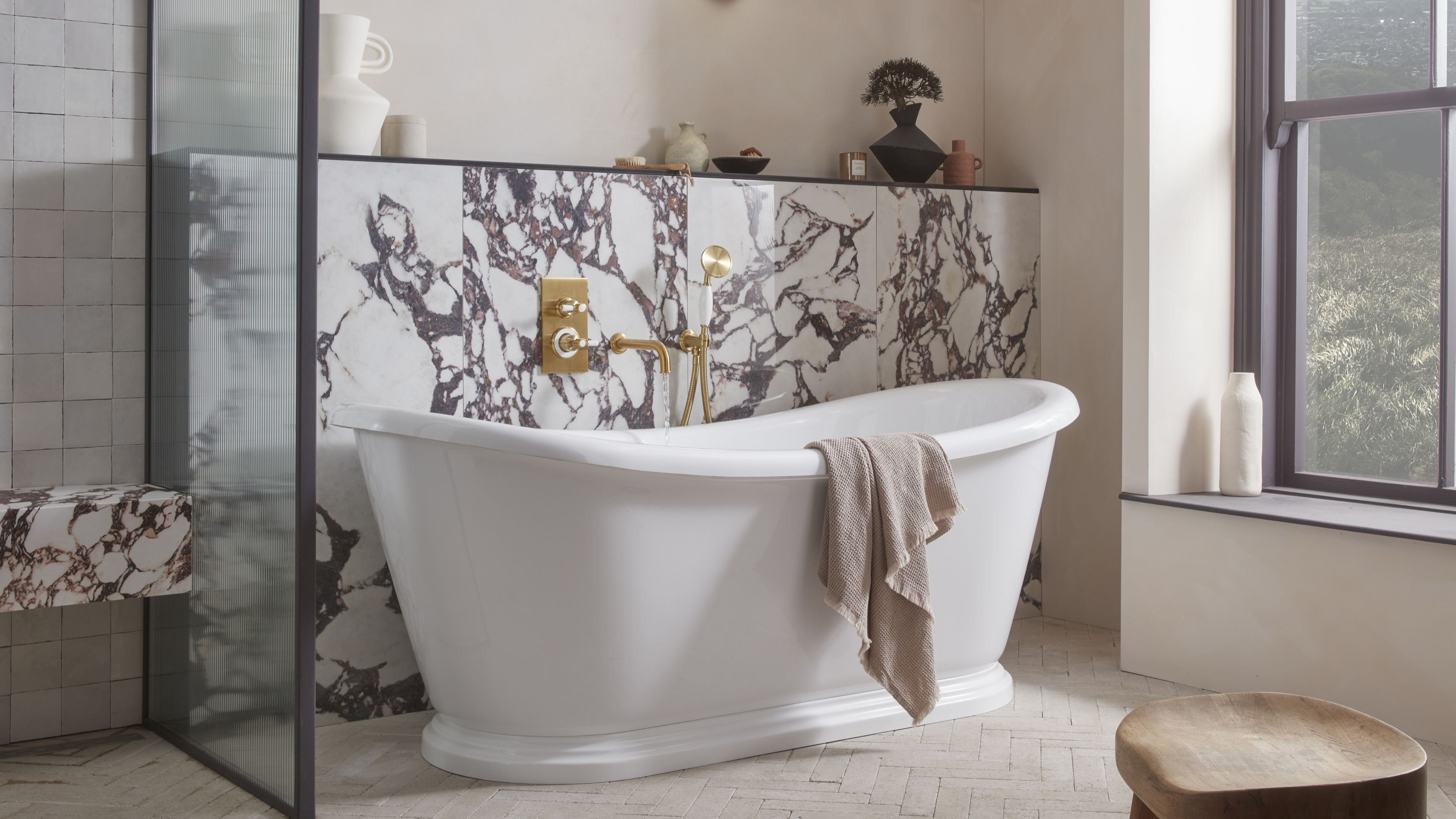 5 Bathroom Layouts That Look Dated in 2025 — Plus the Alternatives Designers Use Instead for a More Contemporary Space
5 Bathroom Layouts That Look Dated in 2025 — Plus the Alternatives Designers Use Instead for a More Contemporary SpaceFor a bathroom that feels in line with the times, avoid these layouts and be more intentional with the placement and positioning of your features and fixtures
By Lilith Hudson Published
